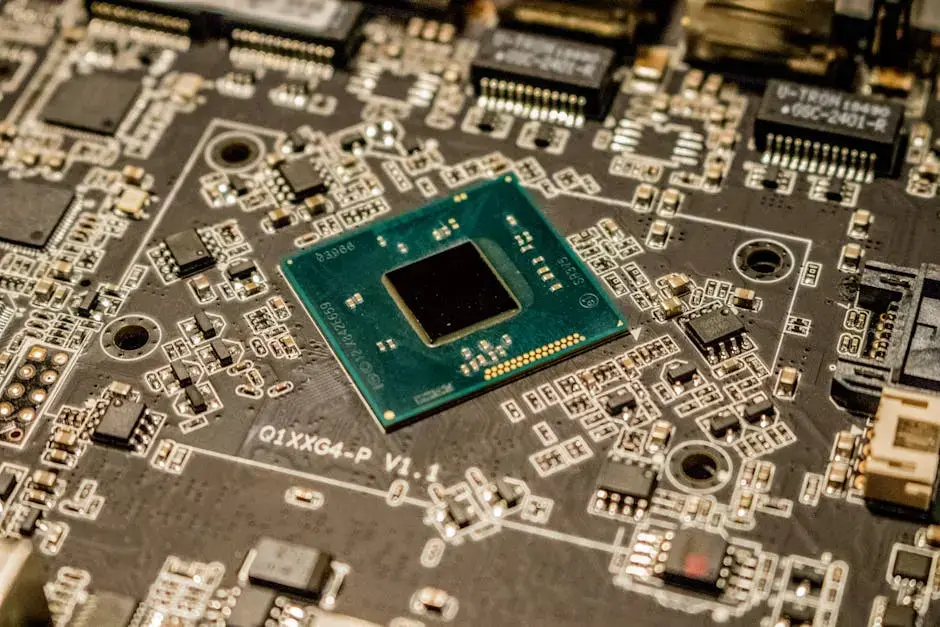How Can Precision Automation Improve Efficiency in Pharmaceutical Productions?
- AAAPlus Automation
- Sep 3, 2024
- 3 min read

What is Precision Automation?
Precision automation in the pharmaceutical industry refers to the use of advanced technologies and systems to streamline manufacturing processes and increase accuracy. It involves the integration of robotic systems, AI, and other cutting-edge technologies to enhance production efficiency and consistency.
One key aspect of precision automation is the ability to monitor and control processes in real-time, allowing for immediate adjustments to optimize production. This level of automation ensures that pharmaceutical production lines operate at peak performance, minimizing errors and enhancing overall quality.
By employing precision automation, pharmaceutical companies can achieve higher levels of productivity while reducing labor costs. These systems are designed to handle repetitive tasks with precision and speed, freeing up employees to focus on more complex or strategic aspects of production.
In essence, precision automation revolutionizes pharmaceutical manufacturing by introducing a new level of efficiency, accuracy, and reliability to the production process. It sets the stage for enhanced product quality, increased throughput, and ultimately, improved patient outcomes.
Benefits of Precision Automation in Pharmaceutical Productions
The implementation of precision automation in pharmaceutical productions offers a myriad of benefits. One of the most significant advantages is the reduction of human error. Automated systems can perform tasks with incredible precision, minimizing the risk of mistakes that could compromise product quality.
Moreover, precision automation leads to increased production speed and efficiency. By streamlining processes and eliminating manual interventions, pharmaceutical companies can produce goods at a faster rate while maintaining high levels of consistency and quality.
Another key benefit is the enhanced safety provided by precision automation systems. These technologies are designed to operate in controlled environments, reducing the exposure of workers to potentially hazardous substances and processes. This not only protects employees but also contributes to a safer workplace overall.
Furthermore, precision automation enables pharmaceutical companies to meet stringent regulatory requirements with ease. Automated systems can accurately record data, track inventory, and ensure compliance with industry standards, simplifying the auditing process and reducing the risk of non-compliance fines.
In summary, the benefits of precision automation in pharmaceutical productions are vast, ranging from improved product quality and production speed to enhanced safety and regulatory compliance. These advancements ultimately lead to a more efficient and competitive pharmaceutical manufacturing sector.
Implementation of Precision Automation
The successful implementation of precision automation in pharmaceutical productions requires a strategic approach. It begins with a thorough assessment of current processes and identifying areas where automation can bring the most significant improvements.
Once the key areas for automation are identified, the next step is to select the appropriate technologies and systems that align with the company's production goals. This may involve the integration of robotic arms, automated conveyors, and smart sensors to create a seamless automated workflow.
Training employees to work alongside automated systems is another critical aspect of implementation. By providing workers with the necessary skills to operate and maintain automated equipment, pharmaceutical companies can ensure a smooth transition to a more automated production environment.
Regular monitoring and optimization of automated processes are essential to maximizing the benefits of precision automation. Continuous data analysis and system improvements help companies identify bottlenecks, reduce downtime, and further enhance production efficiency over time.
In conclusion, the implementation of precision automation in pharmaceutical productions is a multifaceted process that requires careful planning, investment in the right technologies, employee training, and ongoing optimization. When executed successfully, precision automation can drive significant improvements in efficiency and productivity within the pharmaceutical industry.







Comentários